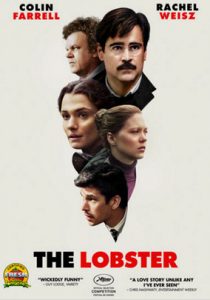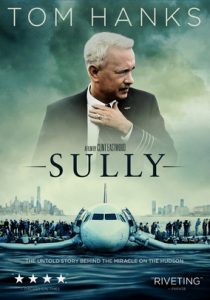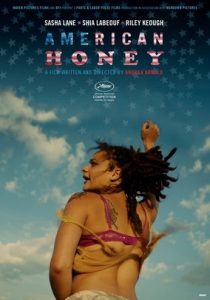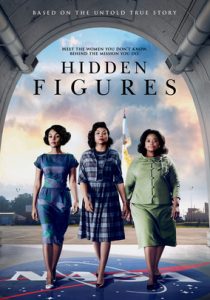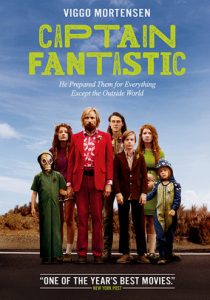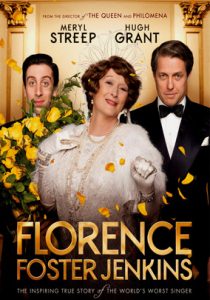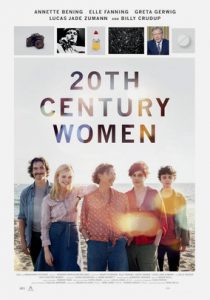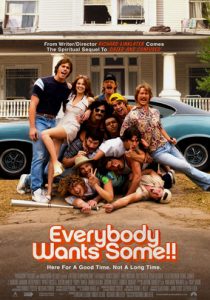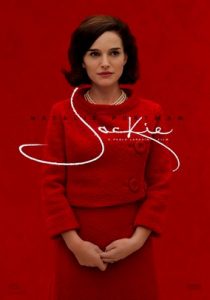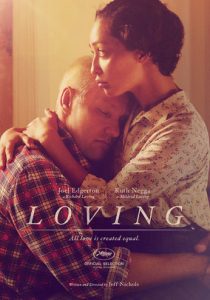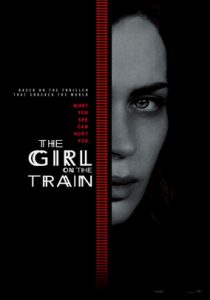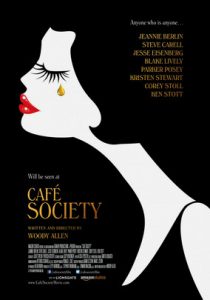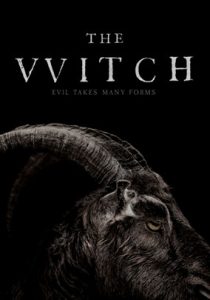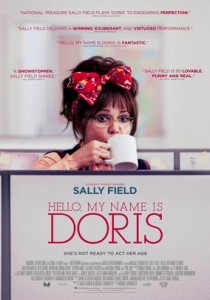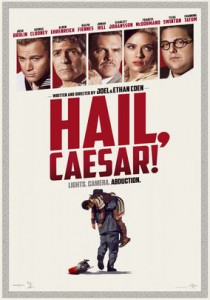The Lobster-2016
Director Yorgos Lanthimos
Starring Colin Farrell, Rachel Weisz
Scott’s Review #635
Reviewed April 20, 2017
Grade: A-
One thing is sure about the puzzling 2016 film The Lobster: It is a film worthy of discussion long after the end credits roll and will leave the viewer pondering its many facets—a great movie to dissect.
This in itself is worth recognition and praise for the power of the film- so many questions abound.
I was immediately struck by how heavily The Lobster contains primary subject matter influences from “message novels” (and films) such as Brave New World, 1984, and A Clockwork Orange, as well as creative, stylistic recent film influences from The Grand Budapest Hotel (2014) and the Moonrise Kingdom (2012).
The story begins outside of Dublin, where David (Colin Farrell) has recently been dumped by his wife in favor of another man.
Now single, he is whisked away by authorities to a luxurious hotel in the woods, where he (and the other guests) are given forty-five days to find a suitable romantic partner, or else they will be turned into an animal of their choice.
David is accompanied by his brother, now a dog, and has decided that he should be turned and that he will become a lobster because he loves the sea, and they tend to live to be over one hundred years old.
The hotel management adheres to strict rules- no masturbation, mandatory temptations by hotel employees, and a strange outdoor hunting game where the guests hunt other guests to win extra days extended to their stays.
As David befriends fellow hotel guests, he is conflicted and desperate to find a mate. Events take a surprising turn when circumstances allow the rules to change for him, and he becomes involved with a short-sighted woman (Weisz).
The film’s plot is strange beyond belief yet incredibly creative and thought-provoking. The subject matter is pure dystopian- a facility, presumably controlled by the government, with a rebel group intent on ruining the “status quo.”
Suddenly, an odd little secret romance between David and Shortsighted Woman appears, beginning only during the film’s final act.
One aspect of the film that I found interesting was the odd monotone dialogue the characters used. They were almost matter-of-fact in whatever they said, even while expressing anger.
This peculiarity perplexed me, but the more I think about it, the more this decision makes the film dark-humored and dry with wry wit.
Another interesting nuance to the film is the multitude of quirky characters, many of whom are mainly referred to by their nicknames. Lisping Man, Limping Man, and Nosebleed Woman, to name a few.
And what viewer would not spend the film’s duration imagining which animal he or she would desire to be turned into and why?
My favorite aspect of the film is the offbeat performance by Colin Farrell- typically a rugged sex symbol, he goes against the grain and plays a pudgy, socially awkward, insecure man, but all the while instilling the character with enough warmth and likability to make the character work- and his chemistry with Rachel Weisz is fantastic.
This turns the strange dark comedy into a peculiar romantic drama.
A beautiful forest becomes the backdrop for a large part of the film, as does the city of Dublin itself, contrasting the film in nuanced ways. Combined with the lavish hotel, the film achieves several different settings for the action, each meaningful in its own right.
Without giving anything away, the conclusion of the film- the final scene in particular- is gruesome in what goes through the viewer’s mind, and the resolution is unclear.
Does David do it, or doesn’t he? Much of the film is open to one’s interpretation and imagination.
Black humor and cynicism are significant components of The Lobster, a thinking man’s movie. I continue to think of this film as I write this review.
The film is filled with originality and thought, which is a tremendous positive. Confusing and mind-blowing? For sure. A run-of-the-mill film? Not.
The Lobster (2016) is a film that gives no answers and is not an easy watch but an achievement in film creativity- something sorely needed.
Oscar Nominations: Best Original Screenplay
